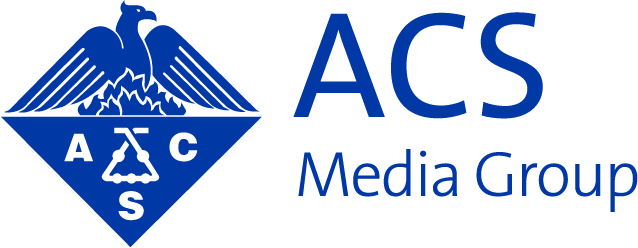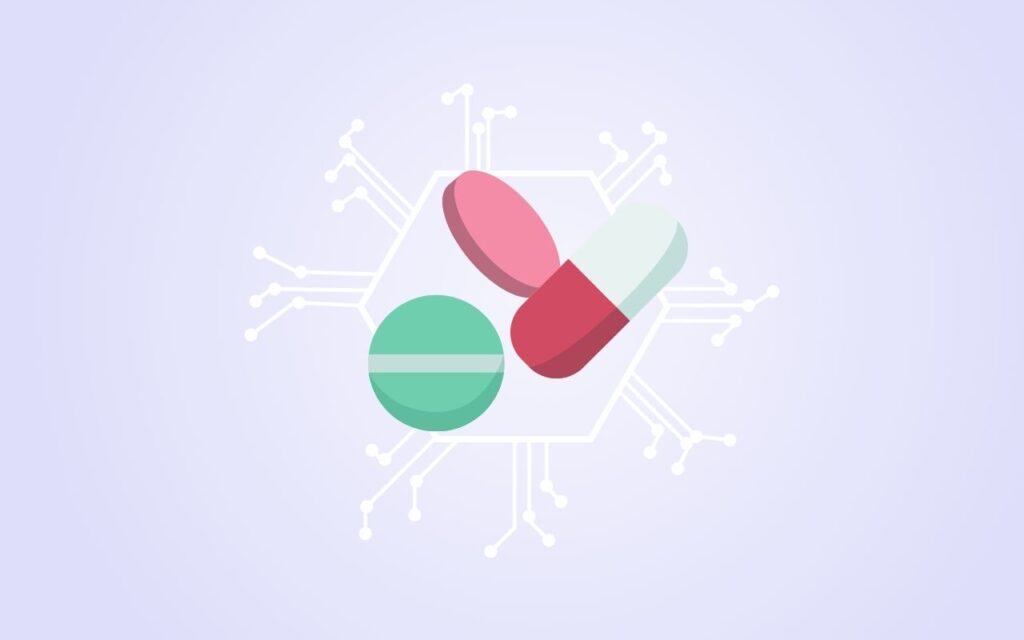Artificial intelligence (AI) is seemingly everywhere these days – captioning videos, directing self-driving cars, and even writing grocery lists – so it comes as no surprise that it’s also revolutionizing the pharmaceutical industry. Drug discovery, the very beginning of any company’s commercial pipeline, is an area where tools like machine learning and big data analysis can be especially useful.
As B2B science marketers navigate this ever-changing landscape along with everyone else, it’s important to have working knowledge of how AI relates to key messaging areas. It may be premature to definitively predict AI’s overall impact on the pharmaceutical sector, but the pervasiveness of this trending science topic makes staying informed worthwhile.
Understanding How AI is used in Drug Discovery
Let’s start with a quick primer on the roles AI can play in augmenting and accelerating drug discovery.
Drug target identification: AI can study biological data to find new disease-related proteins or genes that could be treated with a new drug.
Molecular simulations: AI can power intricate molecular simulations, reducing the need for costly physical testing of drug compounds.
Predicting drug properties and success: Certain AI systems can predict drug characteristics like toxicity and bioactivity, skipping the simulated testing phase for candidate drugs and helping select the best candidates to move forward in the pipeline.
Molecule design and synthesis: While traditional drug discovery often involves screening vast libraries of molecules to identify candidates with drug functions relevant to a chosen target, AI can design ideal drug molecules from scratch. It can also suggest synthetic pathways for hypothetical drug compounds and propose modifications for easier manufacturing.
Finding Your Audience: Who Needs to Know That you Know about AI?
The pharmaceutical industry now encompasses many types of companies, so B2B marketers need to be familiar with the entire landscape to ensure they’re not missing out on potentially receptive audiences.
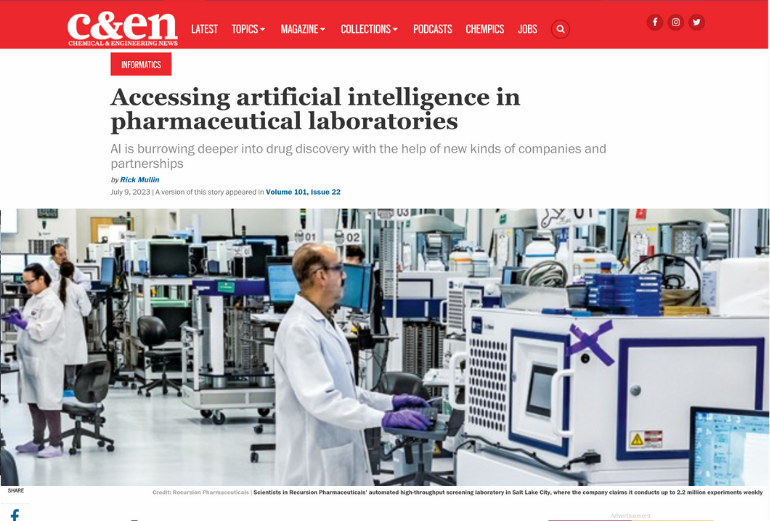
Pharmaceutical Companies
Pharma companies of all sizes are feeling pressure to implement AI in their drug discovery to keep up with competition. Large pharmaceutical companies are keen to leverage AI to enhance efficiency in their expansive, multi-drug pipelines. Smaller players like biotech startups are constantly on the hunt for innovative solutions that will give them an edge. However, they may not know how to start, or the best approach to take. Demonstrating your familiarity with AI and its accompanying considerations can position you and your company as a guiding light for pharma clients unsure of how to implement AI.
Contract Organizations
Contract manufacturing organizations (CMOs) and contract research organizations (CROs) are likely to have mixed feelings about AI. On the one hand, they might be able to attract more pharma outsourcing clients by implementing AI solutions that promise efficiency, cost savings, or advanced insights. On the other hand, contract organizations often specialize in data generation, which pharma companies might be able to get from in-house AI, thus threatening a share of business. Marketing content for this audience should walk the line of soothing concerns while highlighting potential benefits.
AI Companies
Sometimes you may be in a position to convince AI companies to engage in new ways with the pharma sector. Here, marketers can act as a bridge: someone who understands both AI and drug discovery can therefore demystify each side for the other. Strong tactics could include educational content and creating forums for AI and drug discovery experts to interact.
Content Strategies for Reaching AI-Focused Pharma Audiences
Fortunately, there is no shortage of options for reaching each of these audiences and getting them engaged with your brand through discussions related to AI. Here are some strategies to get you started:
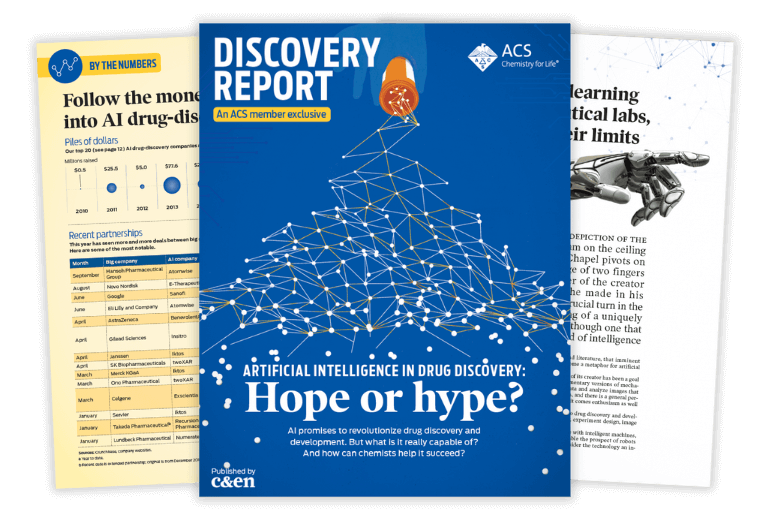
Do the Contextual Legwork for Them
In-depth white papers and reports outlining the impact of AI on drug discovery, supported by statistical evidence and success stories, will attract people seeking clarity about how impactful AI will really be in drug discovery.
Check out this example report from C&EN.
Tap into the News Cycle
Part of the reason AI is such a buzzy topic is that new applications and advancements keep popping up, so is AI consistently in the news. Web traffic patterns on C&EN indicate that scientists enjoy reading about mainstream stories through a scientific lens. While AI is already a STEM topic, you can add value to the conversation with branded content that helps pharma stakeholders see how current events impact or relate to their own work. Visit our previous blog post for tips on creating news-driven content that avoids controversy and puts companies in a positive light.
Offer an Interactive Taste of your Company’s AI Capabilities
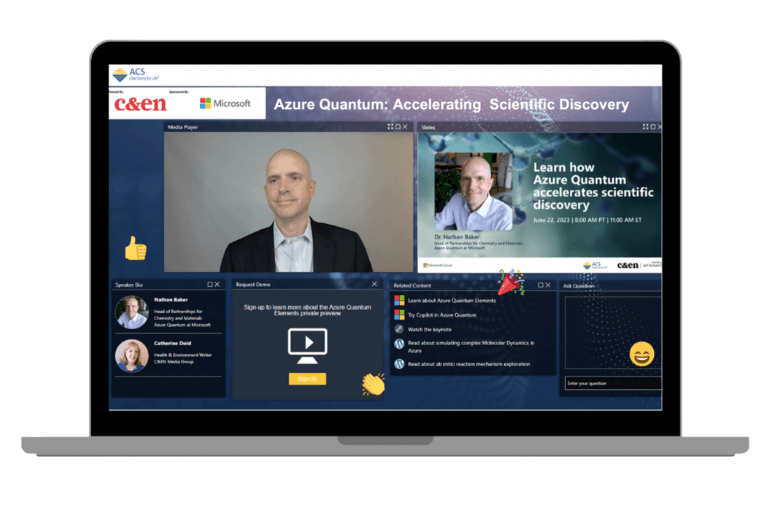
At the end of the day, AI is just plain cool. Even non-scientists often jump at the chance to see a powerful algorithm in action. Creating a webpage where potential clients can analyze sample molecular structures in a mock-up of your algorithm’s interface, could be a powerful tool to engage, educate, and demonstrate your technological understanding.
Webinars are another great way to host a show and tell of your AI capabilities. For example, MilliporeSigma presented a C&EN webinar on “Solving Drug Discovery Challenges with Artificial Intelligence (AI).” The interactive webinar demonstrated the company’s AIDDISON™ platform capabilities and generated more than 1,200 leads.
